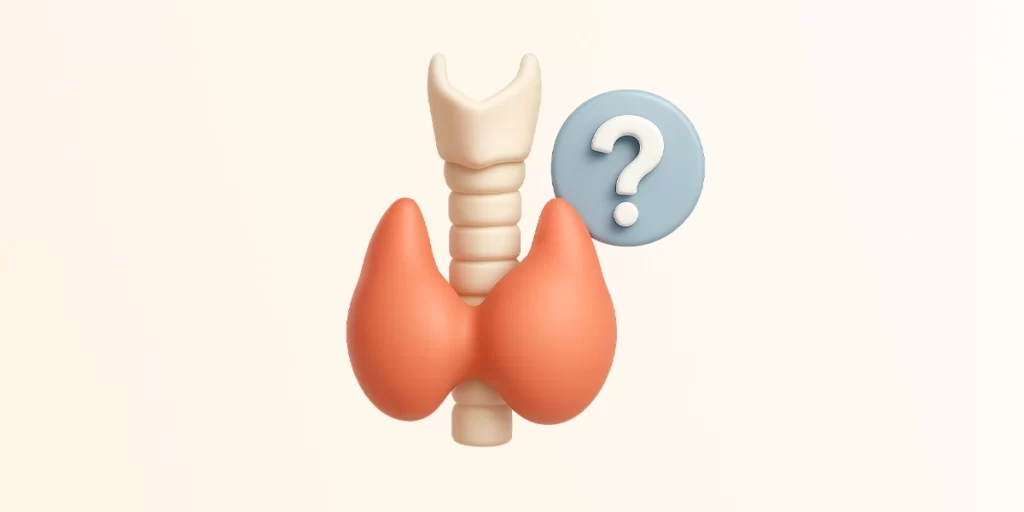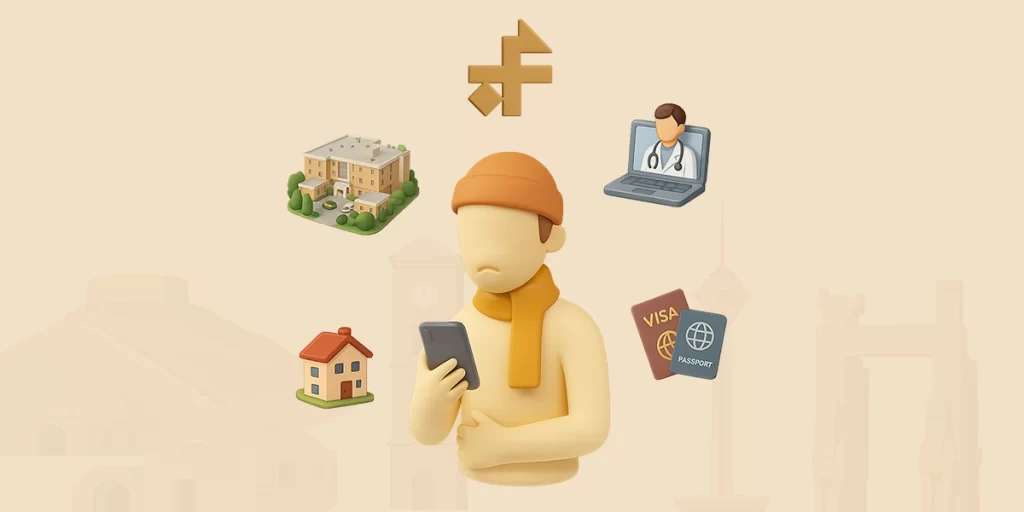Your Journey to Wellness: A Comprehensive Guide to Thyroid Surgery in Iran
We will answer your questions and guide you.

A diagnosis that leads to thyroid surgery can feel like an uncertain path. Questions about the procedure, recovery, and life afterward are natural. The good news is, you are on the brink of reclaiming your health, and with the right support, your recovery can be a smooth and successful journey.
At Mortaz Hospital, we provide world-class thyroid surgery in Iran, combining the expertise of top surgeons with compassionate, all-encompassing patient care. Our aim is to make your medical experience seamless, especially if you’re traveling from abroad for affordable thyroid surgery abroad.

Understanding Your Thyroidectomy: Why is it Needed?
Before we discuss recovery, it’s helpful to know why thyroid surgery is a common and effective treatment. A thyroidectomy is performed for several key reasons, and the type of surgery can vary:
- Thyroid Cancer: This is the most common reason for surgery. The entire thyroid gland is typically removed (total thyroidectomy).
- Large Goiter: A severely enlarged thyroid gland (goiter) can cause discomfort, difficulty breathing, or swallowing.
- Suspicious or Large Nodules: Nodules that are growing rapidly or have suspicious characteristics often require surgical removal.
- Hyperthyroidism: In cases of an overactive thyroid that doesn’t respond to medication, a partial or total thyroidectomy may be performed.

Our surgeons will determine whether a full removal or a lobectomy (removal of only one lobe) is the best option for your specific condition.
Your Recovery Roadmap: The Dos, Don’ts & Beyond
Your recovery begins the moment you leave the operating room. Following these guidelines is the best way to support your body’s natural healing process.
The Dos (What to Do)
- Rest and Relaxation: Give your body time to heal. It’s crucial to rest for the first few days.
- Gentle Neck Exercises: Our care team will show you simple, gentle neck exercises to prevent stiffness. Perform these as advised to maintain your neck’s range of motion.
- Keep Your Head Elevated: Use extra pillows while sleeping to keep your head and neck slightly elevated. This helps to reduce swelling and discomfort.
- Medication Adherence: You will likely need to start hormone replacement therapy with a daily dose of Levothyroxine. This medication replaces the hormones your thyroid once produced and is vital for your metabolism. Never change your dosage without consulting your doctor.
- Calcium Monitoring: For some patients, the parathyroid glands near the thyroid may be temporarily affected, leading to a drop in calcium levels. It is essential to monitor your blood calcium and, if needed, take calcium supplements as prescribed.
The Don’t’s (What to Avoid)
- Strenuous Activity: Avoid any heavy lifting, pushing, or pulling. Do not engage in high-impact sports, swimming, or running until your doctor gives you clearance.
- Sudden Neck Movements: Avoid quick, sharp turns of your head.
Ignoring Symptoms: Pay attention to any signs of complications, such as fever, excessive swelling, or unusual pain. - Driving: It is best to avoid driving for at least a week or until you are comfortable with sudden neck movements.

Nutrition & Lifestyle for Healing
- Soft Foods: For the first few days, your throat may be sore. Focus on soft, easy-to-swallow foods like soups, yogurt, mashed potatoes, and smoothies.
- Hydration is Key: Drink plenty of water to stay hydrated and soothe your throat.
- Protein for Repair: Ensure your diet includes enough protein to support your body’s healing process.
- Lifestyle Choices: To promote faster healing, it is crucial to avoid smoking and alcohol consumption during your recovery.
A Supportive Hand in Your Recovery: The Mortaz Hospital Difference
Your care doesn’t end when you leave the operating room. Our dedicated team of nurses, nutritionists, and specialists is with you every step of the way. We provide personalized care plans to ensure your recovery is monitored and supported, allowing you to return home with confidence. We handle all the logistics of your medical journey, from your arrival to your departure.
Frequently Asked Questions (FAQ)
- Will I have a scar after thyroidectomy?
Our surgeons use modern techniques to minimize scarring, and the incision is typically made in a less visible area of the neck. Over time, the scar often fades significantly.
- How long does it take to return to normal activities?
While light activities can be resumed in a few days, most patients can return to their normal routine, including work and driving, within one to two weeks. Full recovery takes longer.

- Do I need to take medication for life?
If you have a total thyroidectomy, yes, you will need to take thyroid hormone replacement medication for the rest of your life to maintain your body’s proper function.
Ready to begin your journey to a healthier, more vibrant life?
Our comprehensive thyroidectomy package simplifies the entire process, making your medical travel and recovery a stress-free experience.
Click here to explore our thyroidectomy package and take the first step toward your full recovery.




